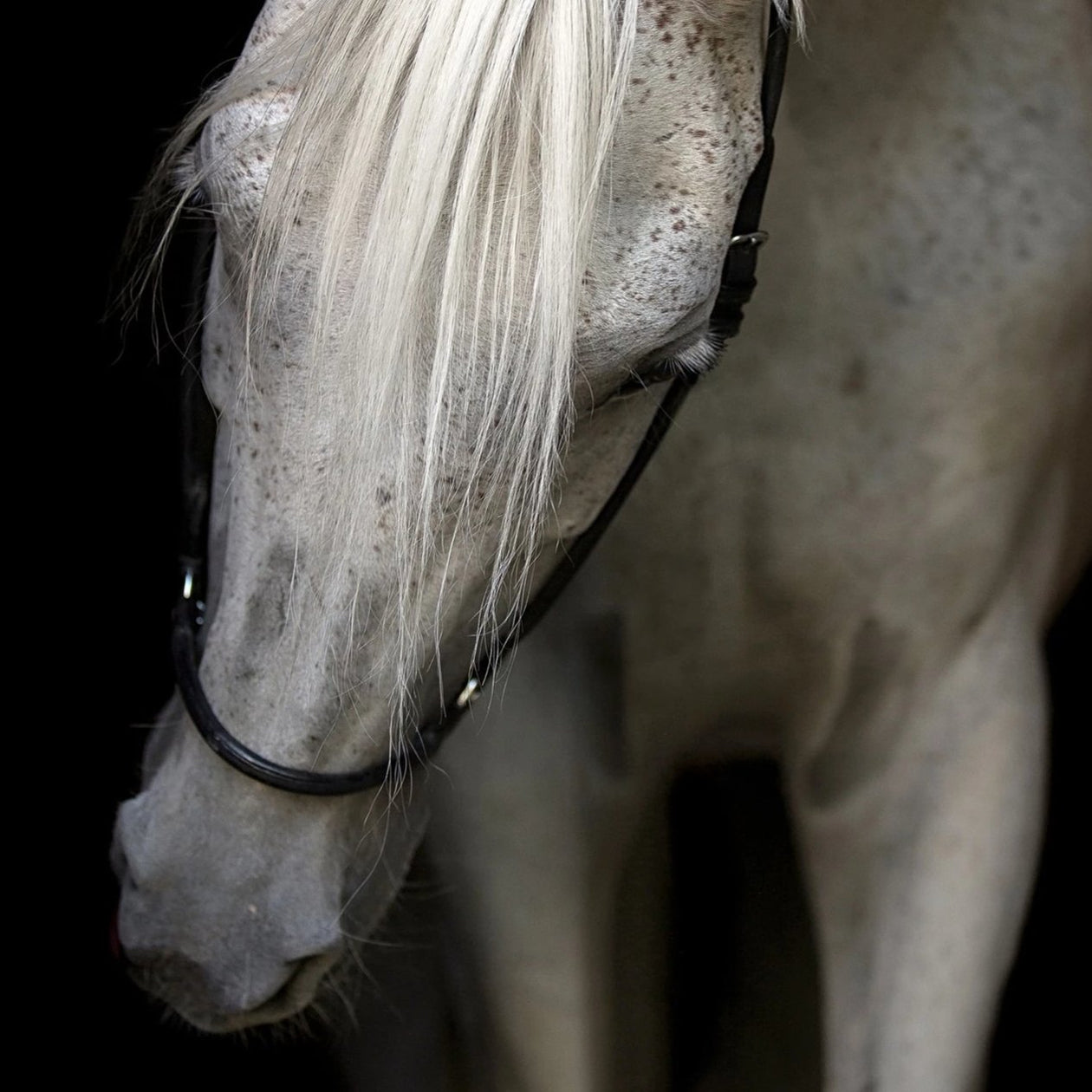
Only the sultan himself was entitled to four tails, as sovereign commander in chief.

Three grades of Pasha existed, distinguished by the number of horse tails (three, two, and one respectively a symbol of Turco-Mongol tradition) or peacock tails that the bearers were entitled to display on their standard as a symbol of military authority when on campaign. Pashas ranked above Beys and Aghas, but below Khedives and Viziers. It was also part of the official style of the Kapudan Pasha (Grand Admiral of the Ottoman fleet). The title Pasha appears originally to have applied exclusively to military commanders and only high ranking family of the sultans, but subsequently it could distinguish any high official, and also unofficial persons whom the court desired to honour.

His successors to the Egyptian and Sudanese throne, Ibrahim, Abbas, Sa'id, and Isma'il also inherited these titles, with Pasha, and Wāli ceasing to be used in 1867, when the Ottoman Sultan, Abdülaziz officially recognised Isma'il as Khedive. As such, he bore the title of Pasha, in addition to the official title of Wāli, and the self-declared title of Khedive. Moreover, Muhammad Ali harboured ambitions of supplanting the Osman Dynasty in Constantinople (now Istanbul), and sought to style his Egyptian realm as a successor sultanate to the Ottoman Empire. The rise to power in Egypt in 1805 by Muhammad Ali, an Albanian military commander, effectively established Egypt as a de facto independent state, however, it still owed technical fealty to the Ottoman Sultan. It was through this custom that the title ( Egyptian Arabic pronunciation: ) came to be used in Egypt, which was conquered by the Ottomans in 1517. Lucy Mary Jane Garnett wrote in the 1904 work Turkish Life in Town and Country that it was the sole "Turkish title which carries with it any definite rank and precedence". Within the Ottoman Empire, the Sultan had the right to bestow the title of Pasha. Role in Ottoman and Egyptian political system Due to the Ottoman presence in the Arab world, the title became used frequently in Arabic, though pronounced basha due to the absence of the /p/ sound in Arabic. The English forms bashaw, bassaw, bucha, etc., general in the 16th and 17th century, derive through the medieval Latin and Italian word bassa. Īs first used in western Europe, the title appeared in writing with the initial "b". Old Turkish had no fixed distinction between /b/ and /p/, and the word was spelled başa still in the 15th century. According to etymologist Sevan Nişanyan, the word is derived from Turkish beşe ( بچّه, "boy, prince"), which is cognate with Persian bačče ( بچّه). The same view is held by Nicholas Ostler, who mentions that the word was formed as a shortening of the Persian word padishah.

Bacharach, the word is "more than likely derived from the Persian Padishah" ( پادشاه). According to Oxford Dictionaries, the word has its origins in the mid-17th century, and was formed as a result of the combination of the Pahlavi words pati- "lord", and shah ( 𐭬𐭫𐭪𐭠).


 0 kommentar(er)
0 kommentar(er)
